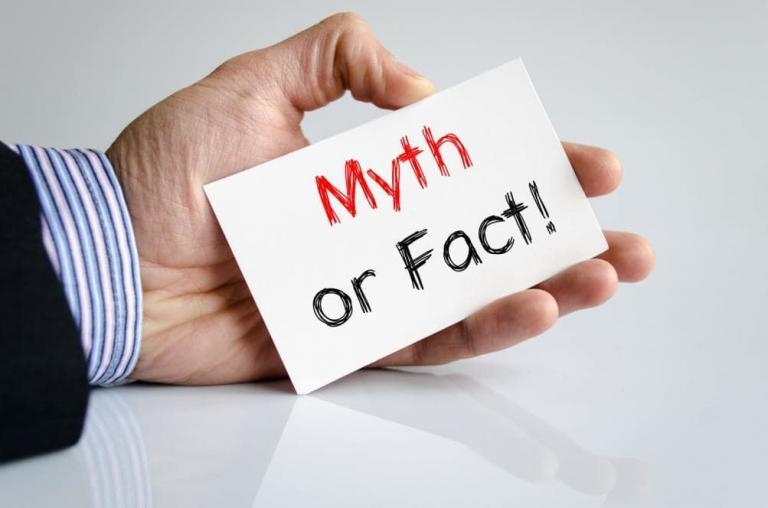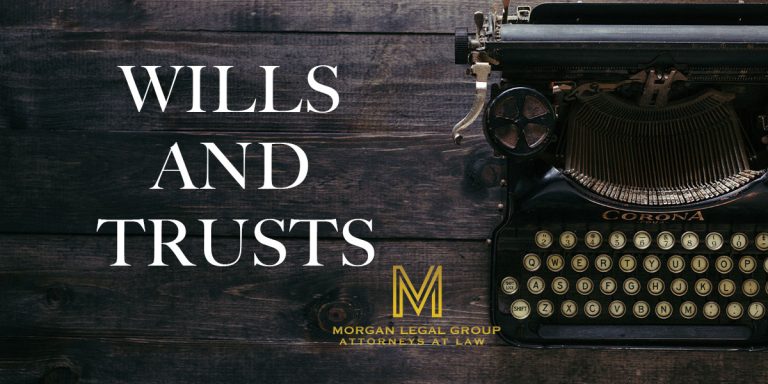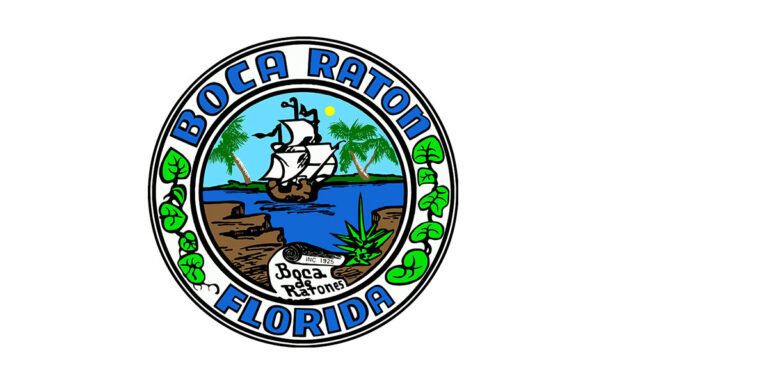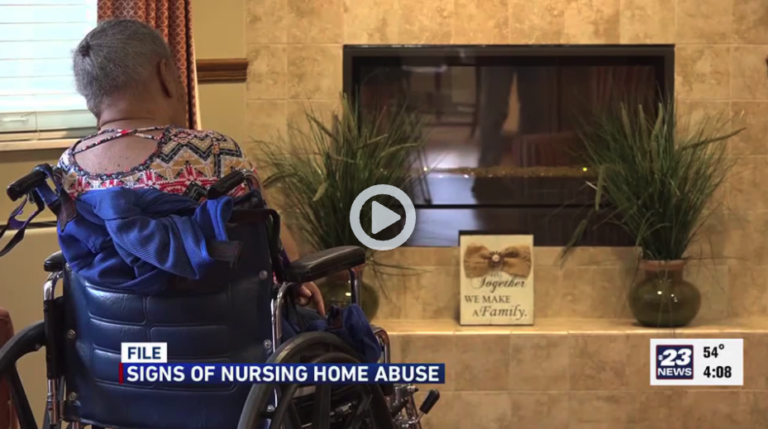After a testator passes, what next? Will his or her assets be shared based on his will? Or will his estate be shared on the intestate laws of the state where he died?
Both are absolutely wrong! When a testator dies, his will undergoes probate (unless in some cases). The probate process is often supervised by the estate executor, who represents the estate owner.
Estate executor or administrator are charged with several tasks as far as probate is concerned. That said, if you are an estate executor, it is best you understand what probate is. ‘
What is Probate?
Put simply, probate is a legal procedure your estate undergoes after you pass away. During the probate proceeding, a court will begin the process of sharing your estate to the right heirs.
Probate is always simpler if you own a will and/ or Living Trust that explicitly states your wishes. These documents help most by naming your beneficiaries and an executor. An executor is the individual charged with supervising your ultimate wishes.
If you have created an estate plan, you are smart. Creating a will or living trust makes a hard life-event just a little easier for your loved ones.
It is essential to understand that your will still must undergo probate. However, it is so much easier when you have made futuristic plans. During probate, a court will first validate your will, and then authorize your executor to settle all debts and taxes and share your remaining property based on your wishes. You probably have several questions about probate, which is why it makes sense to read on.
How probate works
Probate is the assessment and transfer administration of estate assets formally owned by a deceased individual. When a property owner passes, his assets are commonly analyzed by a probate court. The probate court provides the final ruling on the division and sharing of assets to beneficiaries. A probate proceeding will normally begin by determining whether or not the deceased individual has provided a legalized will.
What should you expect at Probate Court?
The probate process starts when the person (normally a spouse or adult child of the deceased) files an application with the county court and tenders the deceased individual’s will and death certificate. The court will then step in to determine the authenticity of the will and appoint the designated executor. At this point, either the executor will manage the probate process or further court proceedings will be needed. There are a lot of reasons you might have to attend probate court in the stead of a loved one.
Probate court is commonly needed if an individual dies without creating a will. In these cases, the court would step in to supervise the sharing of assets according to that state’s intestate laws (typically passing belongings to children, parents, and then siblings). Probate court can also be needed if an estate is more than a certain value or if there are a huge amount of solely owned assets.
For instance, if a deceased held a huge amount of stocks or was the sole account holder on a bank account with a huge amount of money. In these cases, probate court may be needed to supervise and approve the sharing of funds, including assets.
What is a probate lawyer?
Generally, probate lawyers, also regarded as estate or trust lawyers, help executors of the estate (or administrators, if a Will is absent) mange the probate process. These professionals may also help with estate planning, like the drafting of wills or living trusts, give advice on powers of attorney, or even serve as an executor or administrator.
When is it a necessity?
Unless you planned with probate in mind, your estate will eventually undergo this stressful court process. That said, the process is straightforward when you have a quality estate plan in place. The more planning you do now, the easier it will be on those you lobe after your demise.
Need a Probate Lawyer?
Contact us if you need the services of a probate attorney. We boast of experienced and competent probate lawyers who can assist you with the probate process.
































